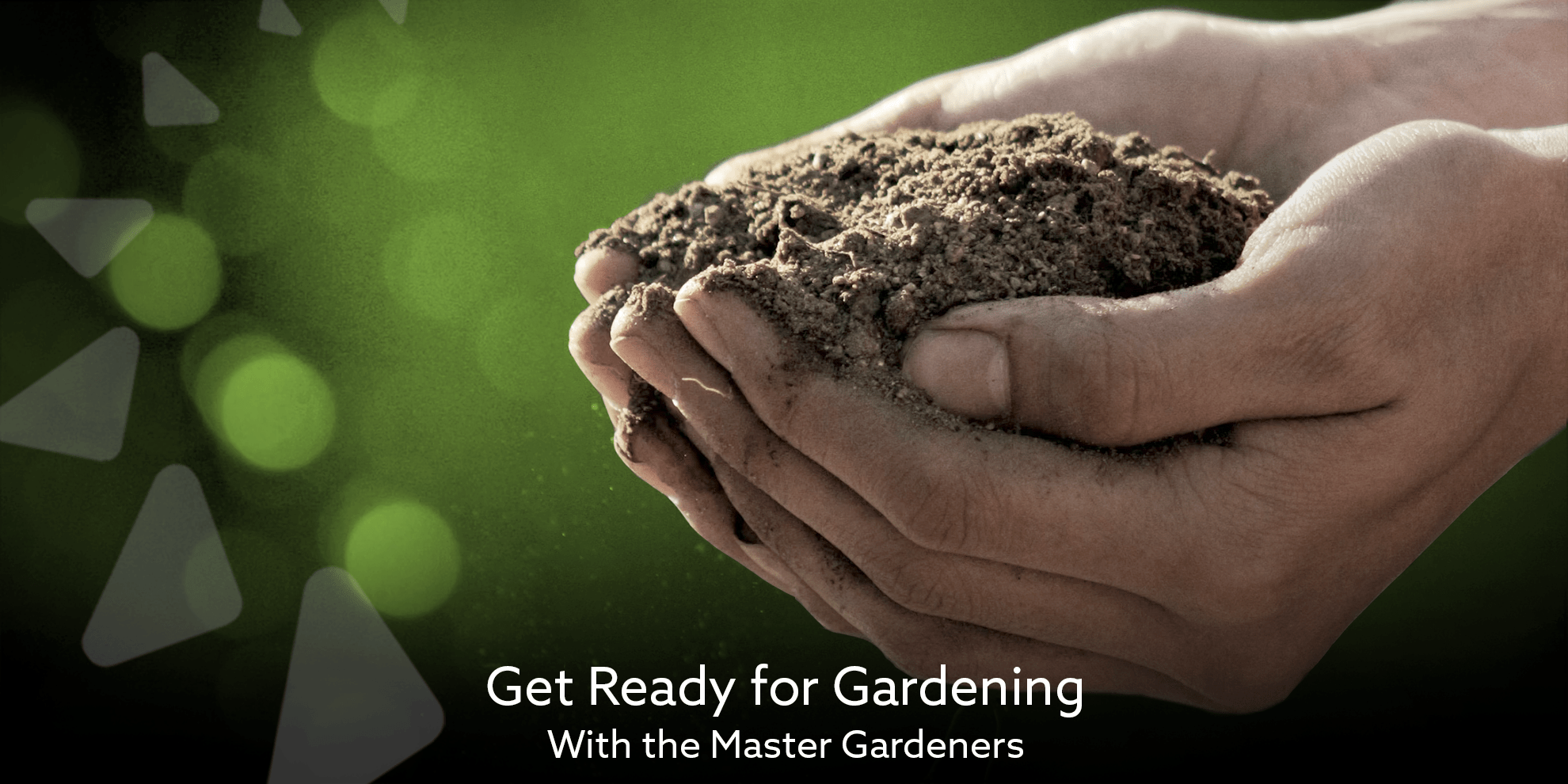
As we reach the peak of summer, now’s the time to start filling our gardens with what we want to plant for fall. If you’re looking for tips and tricks on fall vegetable gardening, then you won’t want to miss our upcoming series of in-person talks featuring the Master Gardeners of San Mateo & San Francisco Counties, opens a new window!
Attend one of our events to hear all about edible food growing tailored for the fall. In this introductory class, we'll learn how to select seeds and seedlings that are most suited to your climate and conditions. We’ll learn how to plant seeds and seedlings and how to nurture them to yield the most bountiful fall and winter harvests. Then as a bonus, we'll gain valuable tips on crop rotation, cover cropping and non-toxic pest control.
These talks will be accompanied by a seed swap at most of our locations. Bring your seeds and swap, share or take new seedlings to start growing your garden.
How To Save Seeds
Learning how to save seeds, opens a new window increases self-sufficiency as it allows us to grow healthy, productive plants year after year. However, different seeds will require different care, opens a new window to save them for another harvest, opens a new window. Here are a few tips and tricks on how to save seeds!
- Be aware if your seeds are annual, biennial or perennial. Not all plants are limited to a single growing season. Those that are, such as tomatoes, lettuce and peppers, are called annuals. Biennials, such as carrots and onions, don’t flower until their second growing season after they have gone through a cold period. Some long-lived plants, like apple trees and asparagus, are perennial, surviving and flowering for many years.
- Save seeds from open-pollinated plants. These are plants that will retain their distinct characteristics from generation to generation. This means, with minimal care, the seeds you save will be true-to-type, producing the same quality of harvest as the plant you originally saved them from.
- Hybrid plants are not as successful to harvest seeds from. Hybrid plants are deliberately cross-bred between two different plant species to make a new type of plant. This allows the new plant to inherit certain desirable traits from its parents – however, the seeds from these hybrid plants will not produce the same harvest as the plant you save them from. Instead, they may revert to one of the parent plants, or produce a new combination of genetics that are frequently unpalatable. Check if your store-bought seeds are hybrids or open-pollinated by looking at the packet. Open-pollinated seeds will be marked with the abbreviation “OP!”
- Grocery store produce is more likely to be hybrid. If they aren’t, they may have been sprayed with certain chemicals to stop them from germinating. This means that seeds saved from veggies or fruit bought at the store are less likely to reproduce in a new harvest. They’re better off being composted instead!
- Start with plants that are easy to save. Crops like peas, beans, peppers, lettuce and tomatoes are great for beginning seed savers. This is because they are self-pollinators! Self-pollinators fertilize themselves, meaning any seeds saved will be true-to-type. Cross-pollinators, on the other hand, require pollen from other plants in the same species to become fertilized, which means they may create hybrids amongst themselves. This can result in crossovers such as a pumpkin with zucchini, as they are both types of squash! Cross-pollinator seeds can still be saved, but they take quite a bit more time and experience.
Once you’re ready to start saving your seeds, find more detailed steps for specific types of crops, opens a new window, as well as additional gardening websites like Salt Spring Seeds., opens a new window
Want to Learn More?
The San Mateo County Office of Sustainability, opens a new window offers wonderful resources on sustainable composting for your garden. They provide information on different composting systems like backyard composting, worm composting and grasscycling. They also teach free online Compost Workshops,, opens a new window which include options for people with or without a backyard. The next online workshop is on July 26 from 6:00 – 8:00 PM, opens a new window.
Want to learn more about seed saving, California native plants and how we can help the climate through gardening? Check out these titles!
is a thorough introduction to the essentials of seed saving, from seed selection criteria to harvest tips, as well as the role of seed-saving communities, from local swaps and seed companies to friends and neighbors.


Add a comment to: Get Ready for Gardening With the Master Gardeners